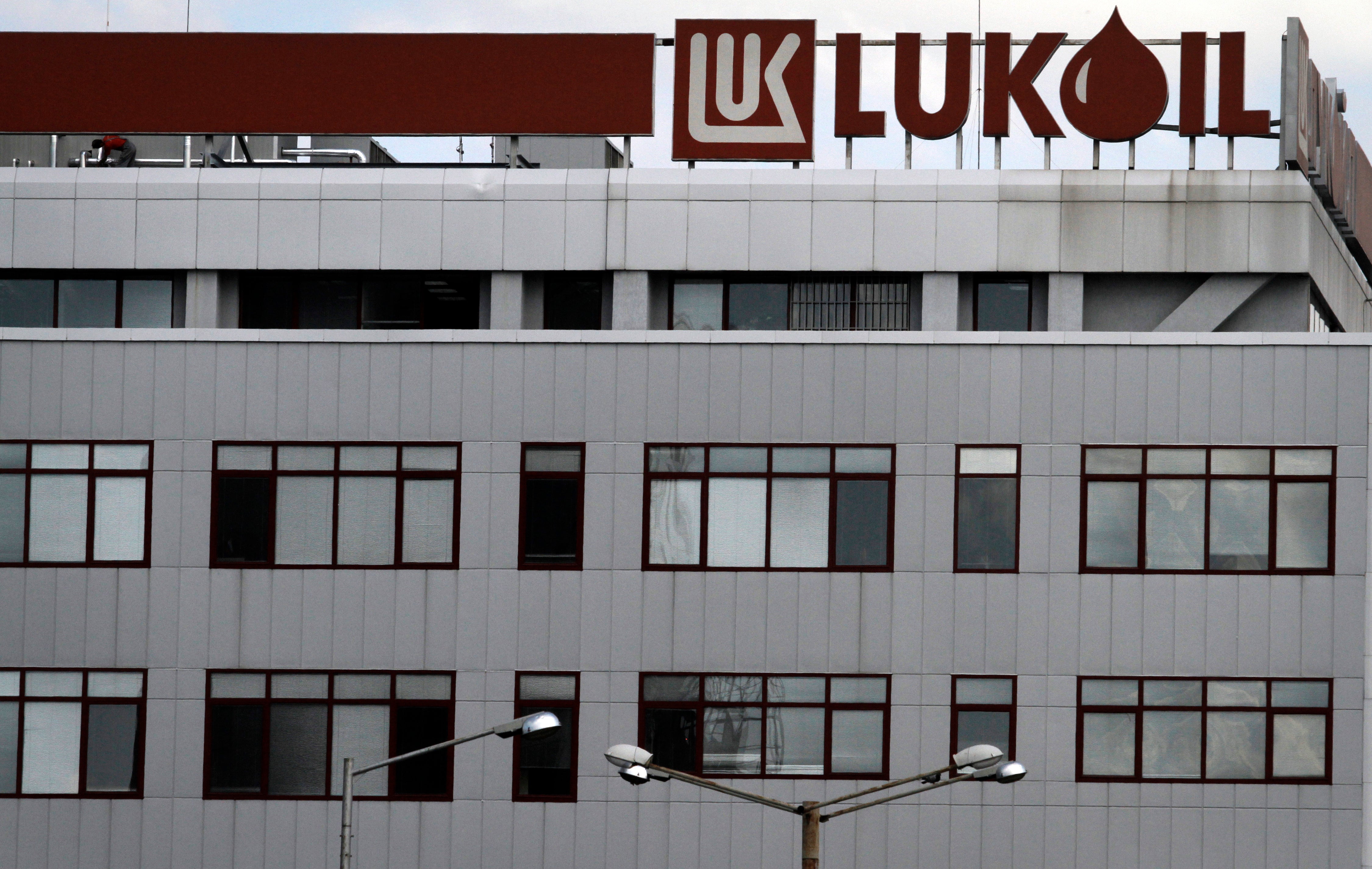Bulgaria to let Russian oil refinery export despite EU ban
Bulgaria will allow a Black Sea refinery owned by a Russian oil company to keep operating and exporting oil products to the European Union until the end of 2024 despite warnings by Brussels that it is against the bloc’s sanctions

Your support helps us to tell the story
From reproductive rights to climate change to Big Tech, The Independent is on the ground when the story is developing. Whether it's investigating the financials of Elon Musk's pro-Trump PAC or producing our latest documentary, 'The A Word', which shines a light on the American women fighting for reproductive rights, we know how important it is to parse out the facts from the messaging.
At such a critical moment in US history, we need reporters on the ground. Your donation allows us to keep sending journalists to speak to both sides of the story.
The Independent is trusted by Americans across the entire political spectrum. And unlike many other quality news outlets, we choose not to lock Americans out of our reporting and analysis with paywalls. We believe quality journalism should be available to everyone, paid for by those who can afford it.
Your support makes all the difference.Bulgaria will allow a Black Sea refinery owned by a Russian oil company to keep operating and exporting oil products to the European Union until the end of 2024 despite warnings by Brussels that it is against the bloc’s sanctions.
The deal between Bulgaria and Russian-owned Lukoil will give an additional 350 million-euro (dollar) boost to Bulgaria's budget, according to estimates by the government in Sofia.
“We achieved something very important: from January 1, 2023, Lukoil will transfer all production, revenues and taxes to be paid in Bulgaria, and not, as it was before, in the Netherlands or Switzerland,” Bulgarian Deputy Prime Minister Hristo Alexiev said after talks with managers of the Russian oil company.
The deal also benefits Lukoil, allowing its Bulgarian facility to partially avoid an upcoming EU embargo on most Russian oil products.
“The refinery cannot work if exports are curtailed," CEO Ilshat Sharafutdinov warned.
The Balkan country’s sole refinery is the main source of gasoline and diesel fuel sold on the Bulgarian market, but half of the production is for export.
It contributes some 9% of the country’s economic output and employs several thousand people. A shutdown would cause serious troubles to the labor market in addition to the loss of refining capacity.
In June, the EU banned the purchase, import or transfer of Russian crude oil starting Dec. 5 and other refined petroleum products from Russia starting Feb. 5.
Bulgaria received an exemption and can continue to import crude oil and petroleum products via maritime transport until the end of 2024. It cannot, however, export petroleum products produced from Russian oil in Bulgaria.
Officials from the EU country assert that the oil products it exports will be Bulgarian.
“The oil products derived from Urals oil will originate from Bulgaria and can be exported,” Deputy Finance Minister Lyudmila Petkova said Monday, referencing Russia's export grade of crude.
Bulgaria’s government argues that the export ban would harm the country’s economy as it will accumulate a deficit in its domestic market after Lukoil’s refinery stops production.